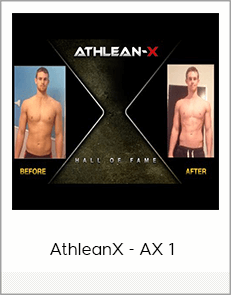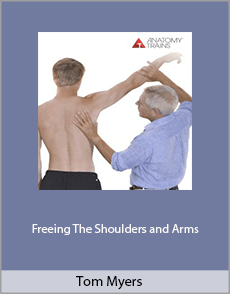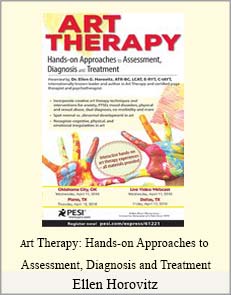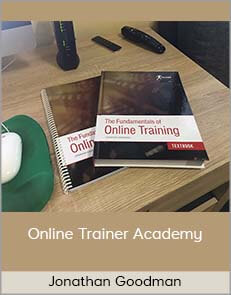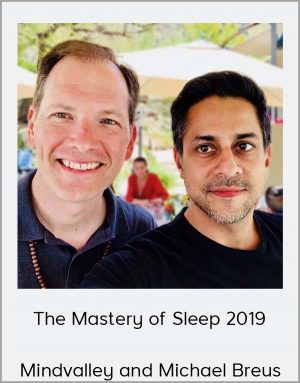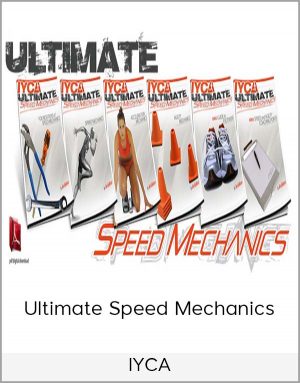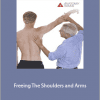Tom Myers – Freeing The Shoulders and Arms
$55.00$174.95 (-69%)
Review the muscles involved in the balance of the shoulder girdle on top of the rib cage, and gain an understanding of the anatomy of the shoulder girdle and arms through the Anatomy Trains Arm lines.
Tom Myers – Freeing The Shoulders and Arms
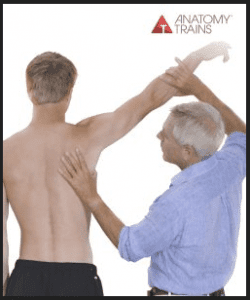
Check it out: Tom Myers – Freeing The Shoulders and Arms
7 CEs NCBTMB
This program explains the anatomy of the shoulders and arms, provides four client mini sessions with BodyReading (visual assessment), strategy and techniques, and demonstrates techniques for the muscles that surround the shoulders, arms, and hands, presented by Anatomy Trains author, Tom Myers. Review the muscles involved in the balance of the shoulder girdle on top of the rib cage, and gain an understanding of the anatomy of the shoulder girdle and arms through the Anatomy Trains Arm lines.
In this computer age, the arms get unique usage, requiring a complex equation of stability versus mobility to balance correctly on the rib cage, the shoulders can easily be used to compensate for thoracic and cervical deviations or be the cause for them. This can lead to issues traveling down into the arms and hands, up into the neck and jaw or even into the spine and rib cage.
Students will learn to recognize ‘ideal’ and compensated patterns and how to tie them into the story of the rest of the body. You will be able to really ‘see’ what work needs to be done to create lasting results for this area.
By participating in this online course you will be guided through a relevant anatomy lecture, BodyReading strategies, manual therapy techniques, and then test yourself through the online quiz for CE credits upon completion. Participants will be able to:
- Name the major functions of the shoulder girdle
- Group the muscles in the rotator cuff
- Describe the bones, joints, and major ligaments of the shoulders and arms
- Understand and use postural assessment terms of the scapula and scapular x
- Demonstrate palpatory certainty on the various muscles
- Perform the various techniques for fascial and myofascial release for each of the muscles



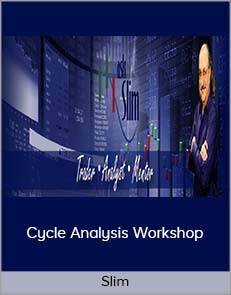









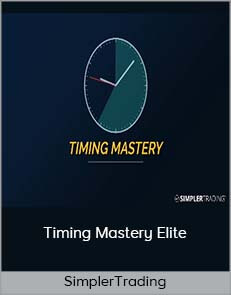



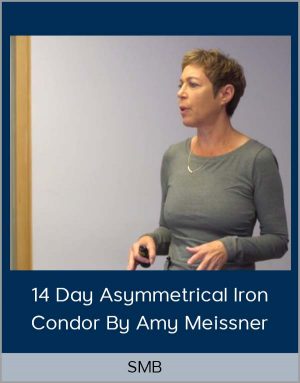


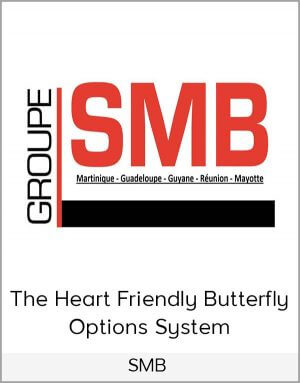
![Mindvalley Academy [Gina DeVee] – Live & Luxurious Course](http://havecourse.me/wp-content/uploads/2020/04/Mindvalley-Academy-Gina-DeVee-–-Live-Luxurious-Course.jpg)


